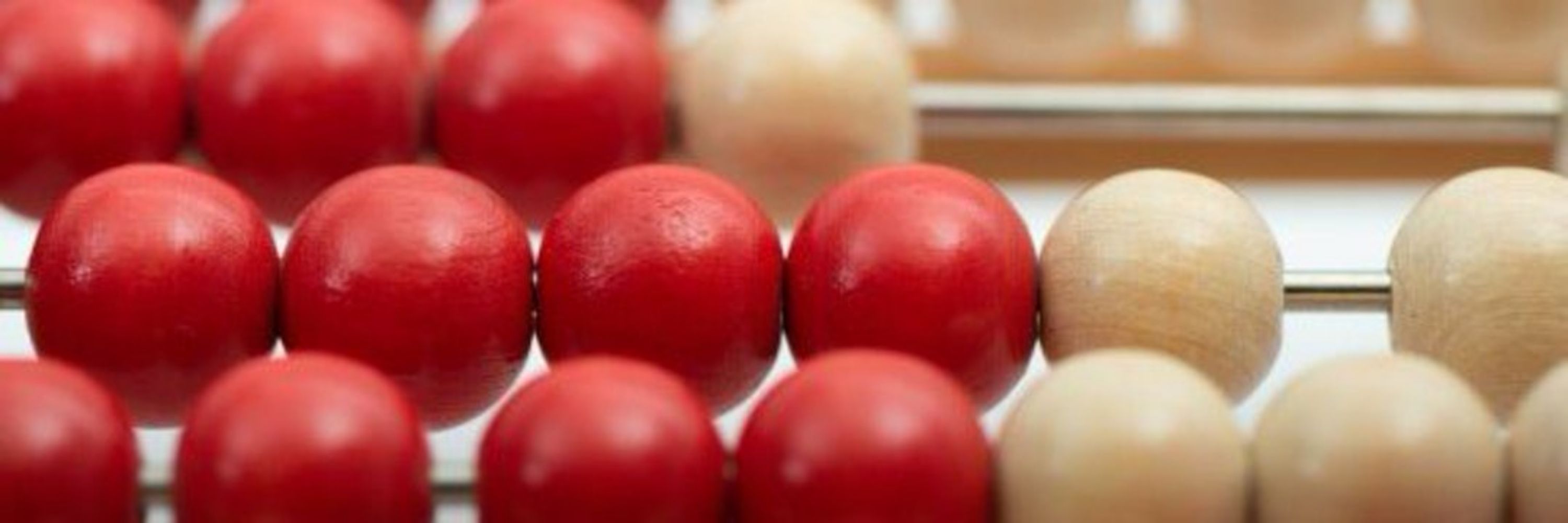
PhD Candidate in Physics @EPFL 🇨🇭
I like simulating quantum computers 💻
A big thank you also to @mstoud.bsky.social for having me.
@flatironinstitute.org @simonsfoundation.org
A big thank you also to @mstoud.bsky.social for having me.
@flatironinstitute.org @simonsfoundation.org
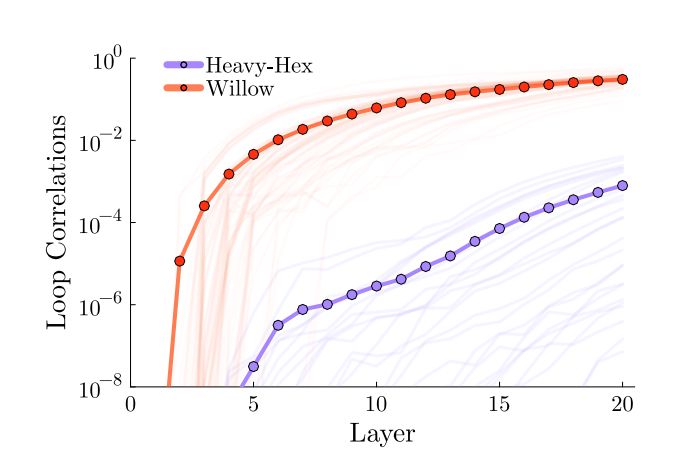
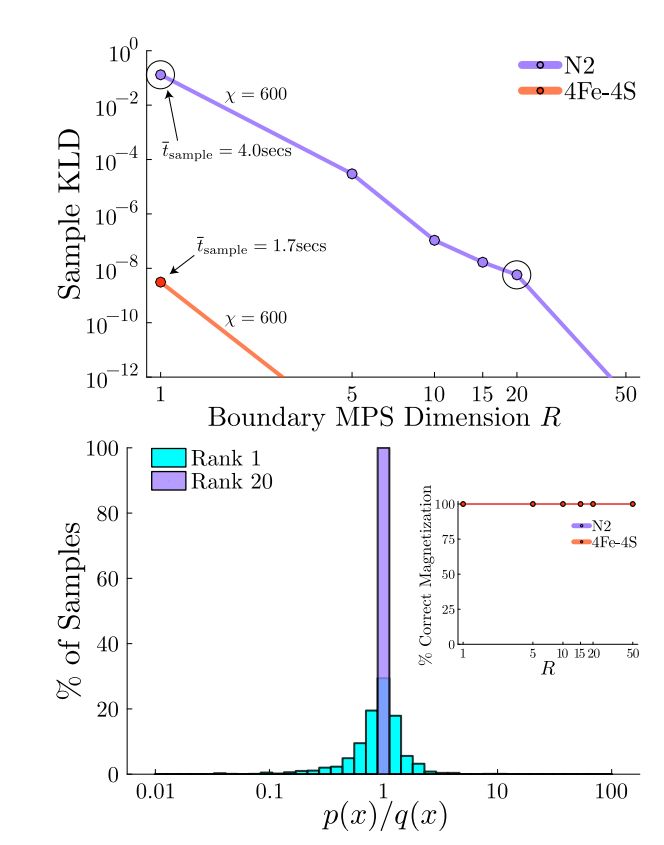
With our open-source (but not completely polished) software, you can start simulating and sampling 2D circuits today: github.com/JoeyT1994/Te...
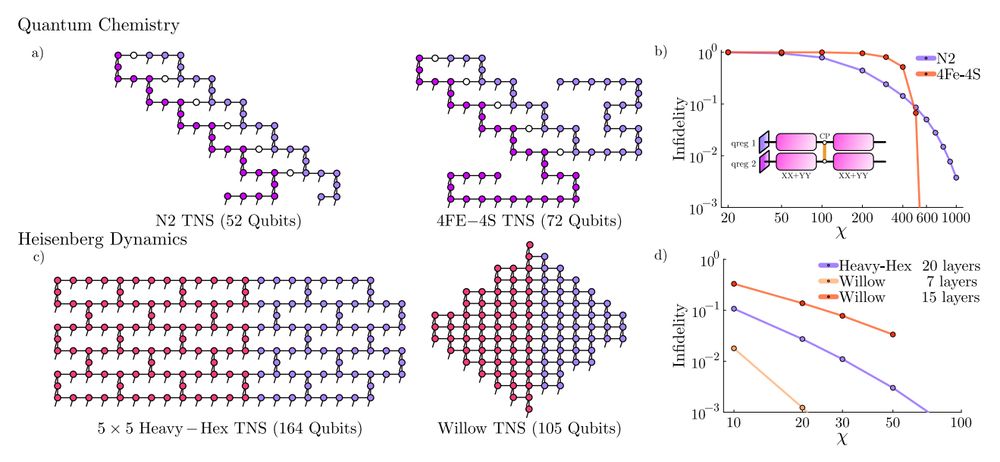
With our open-source (but not completely polished) software, you can start simulating and sampling 2D circuits today: github.com/JoeyT1994/Te...
Classical simulation is not just here to compete with quantum devices.
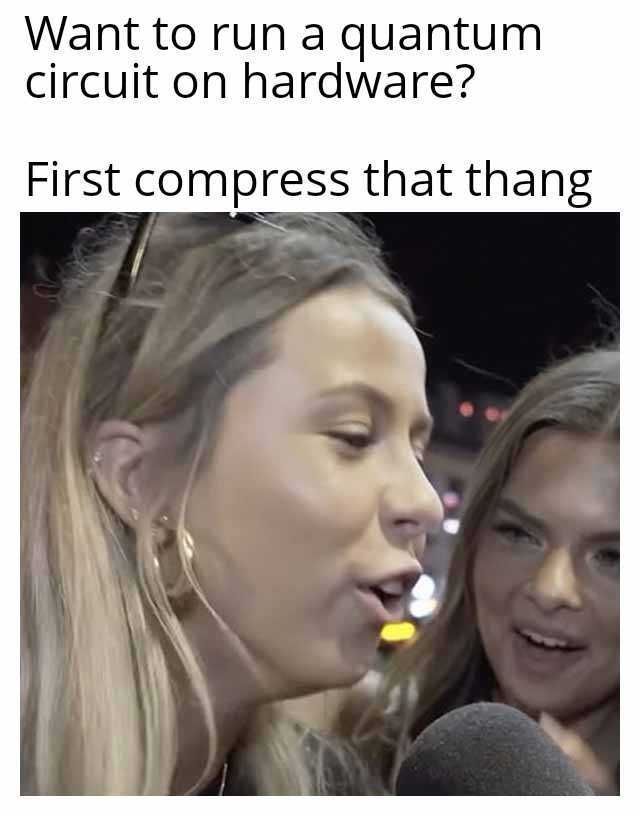
Classical simulation is not just here to compete with quantum devices.
Thanks to my amazing group and co-authors Tyson Jones, Yanting Teng (@yteng.bsky.social), Armando Angrisani (@aangrisani.bsky.social), and Zoë Holmes (@qzoeholmes.bsky.social)!
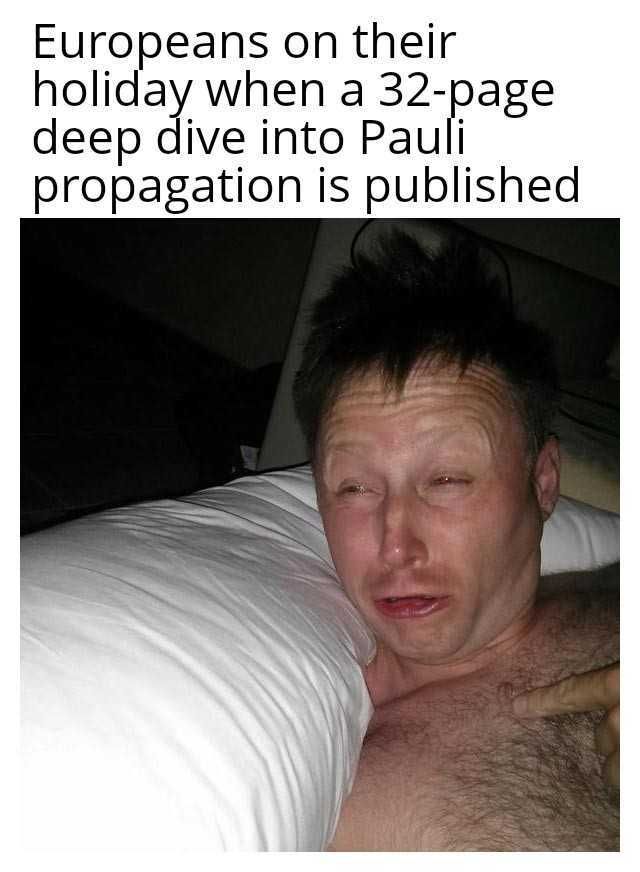
Thanks to my amazing group and co-authors Tyson Jones, Yanting Teng (@yteng.bsky.social), Armando Angrisani (@aangrisani.bsky.social), and Zoë Holmes (@qzoeholmes.bsky.social)!
I love improving classical algorithms for simulating quantum computations, and I truly believe performant classical methods are good for everyone.
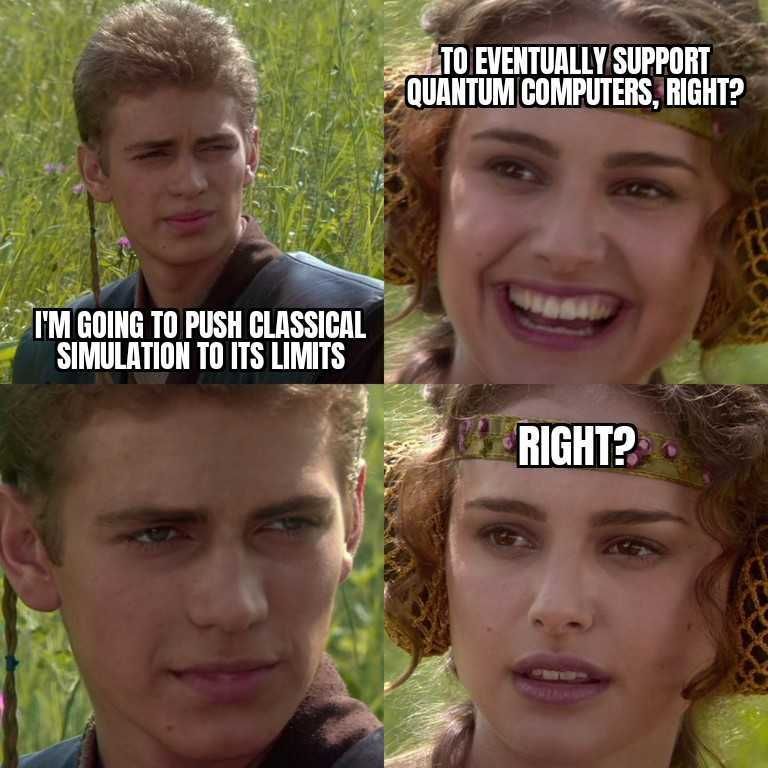
I love improving classical algorithms for simulating quantum computations, and I truly believe performant classical methods are good for everyone.
- PP is a recent path integral method that is orthogonal to e.g. tensor networks.
- PP evolves objects that are sparse Pauli basis, commonly observables in the Heisenberg picture.
- PP is amazing for quick estimates in low-ish Magic quantum systems.
- PP is hard to converge exactly.
- PP is a recent path integral method that is orthogonal to e.g. tensor networks.
- PP evolves objects that are sparse Pauli basis, commonly observables in the Heisenberg picture.
- PP is amazing for quick estimates in low-ish Magic quantum systems.
- PP is hard to converge exactly.
From the general framework description, over theoretical guarantees, to the nitty-gritty implementation details that you are happy to not have to deal with.
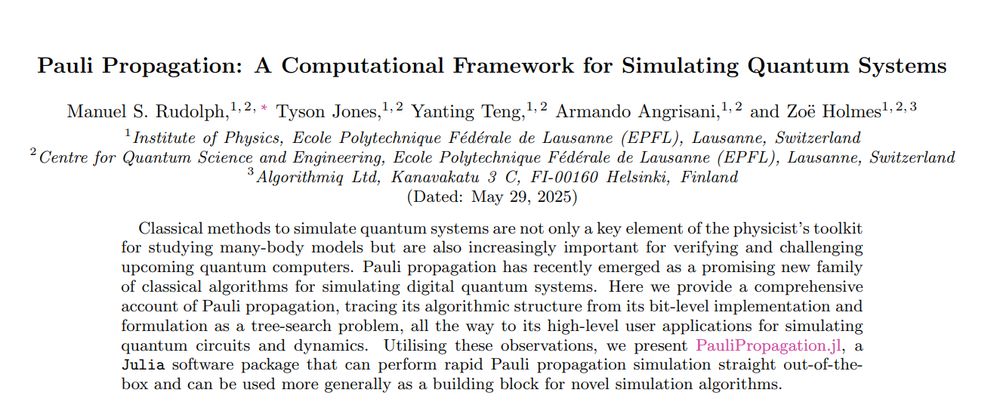
From the general framework description, over theoretical guarantees, to the nitty-gritty implementation details that you are happy to not have to deal with.
Here the link to our project page: unitaryhack.dev/projects/pau...
And keep your eyes peeled for tomorrow 👁️👁️
Here the link to our project page: unitaryhack.dev/projects/pau...
And keep your eyes peeled for tomorrow 👁️👁️

